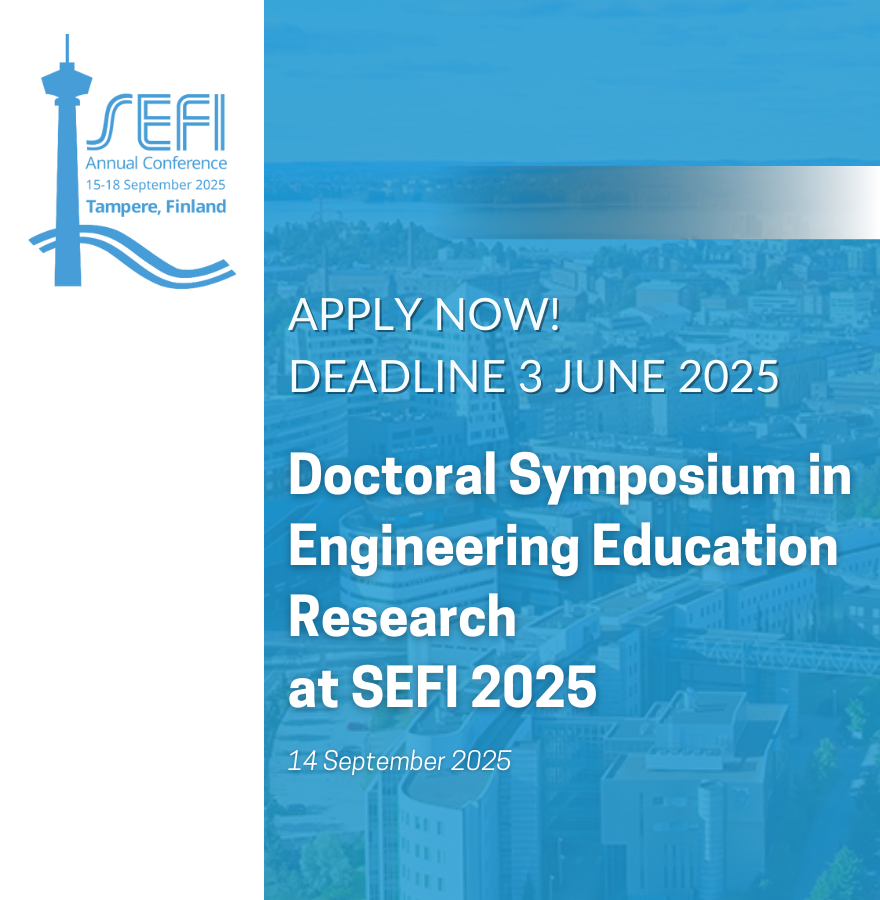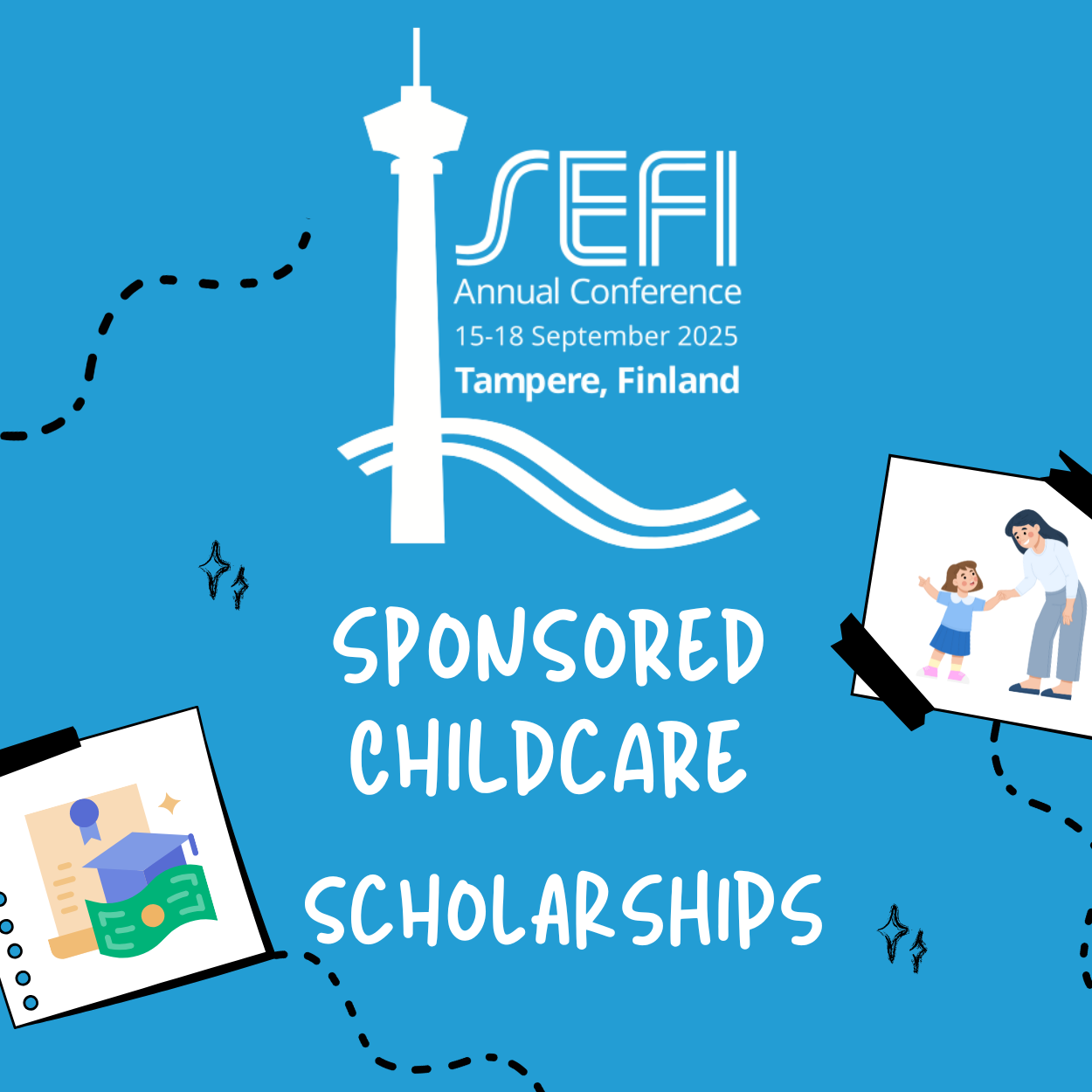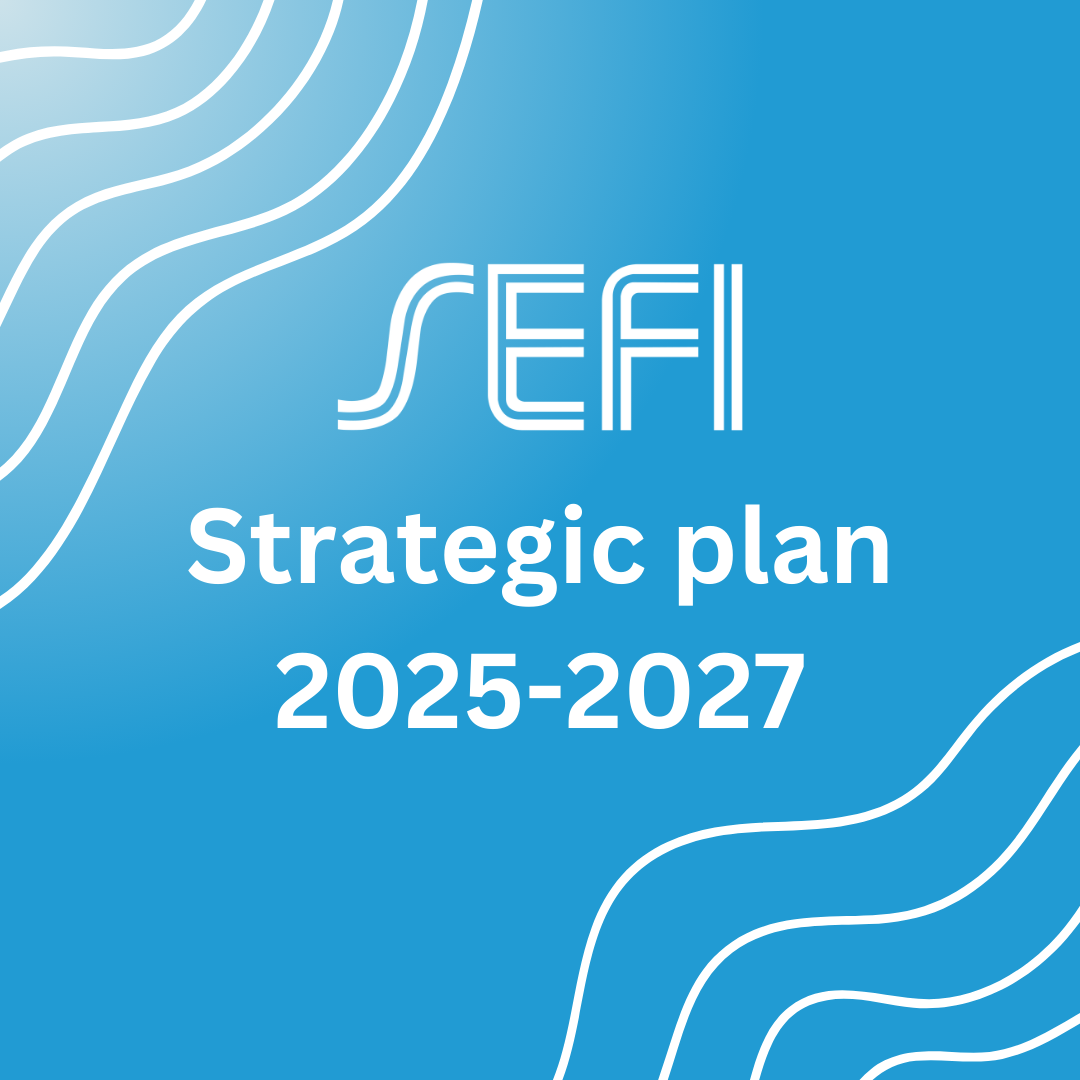The 9th Doctoral Symposium in Engineering Education Research offers an opportunity for PhD candidates to explore and…
Wednesday 22 June, 9-11 am EST/ 3-5pm CET
How can ethics be integrated in a meaningful and systematic manner in the engineering curriculum? Can ethics be part of the identity of an engineering institution, and if yes, how? What form or aspirations should the teaching of ethics take? Addressing these questions is still a major challenge for engineering institutions worldwide. Our last seminar of the academic year brings together 3 leaders who innovated engineering education to share examples from their practice, insights and advice.
Speakers:
Donna Riley (Purdue University, USA) – Making Meaning: Engineering Ethics and the Aspirational Good
Donna Riley is Kamyar Haghighi Head of the School of Engineering Education and Professor of Engineering Education at Purdue University. Riley’s research focuses on the integration of ethics, communication, social analysis, lifelong learning, and other critical capacities in the formation of engineering professionals. She is the author of two books, Engineering and Social Justice and Engineering Thermodynamics and 21st Century Energy Problems, both published by Morgan and Claypool. Riley earned a B.S.E. in chemical engineering from Princeton and a Ph.D. from Carnegie Mellon in Engineering and Public Policy. She is a fellow of the American Society for Engineering Education.
John E. Mitchell (University College London, UK)- How an integrated curriculum can support the teaching of ethics in engineering programmes
John E. Mitchell is Professor of Communications Systems Engineering in the UCL Department of Electronic and Electrical Engineering and Co-director of the UCL Centre for Engineering Education. Between 2012 and 2016 he was on secondment to the UCL Engineering Sciences Faculty office, where he led the introduction of the Integrated Engineering Programme. The team that led this major revision of the curriculum across the engineering faculty was awarded the HEA Collaborative Award for Teaching Excellence (CATE). He has published widely on curriculum development, active learning and issues of diversity within engineering education. From 2015 to 2022 he was Vice-Dean Education of the UCL Faculty of Engineering Sciences. Professor Mitchell is a Chartered Engineer, Fellow of the Institution of Engineering and Technology (IET), Senior Member of the Institute of Electrical and Electronics Engineers (IEEE), Principal Fellow of the Higher Education Academy, Vice-President of the Engineering Professors’ Council, Member at Large of the Board of Governors of the IEEE Education Society and was until recently a Member of the Board of Directors of the European Society for Engineering Education. He is currently Editor-in-Chief of the IEEE Transactions on Education.
Isabelle Reymen (TU Eindhoven, The Netherlands)- Challenge-Based Learning: Developing responsible engineers of the future.
Isabelle Reymen is Full Professor Design of Innovation Ecosystems at Eindhoven University of Technology (TU/e). Furthermore, she is General Manager of TU/e innovation Space, learning hub for education innovation at TU/e, centre of expertise for Challenge-Based Learning and student entrepreneurship, and an open community where students, researchers, industry, and societal organizations exchange knowledge and develop responsible solutions to real-world challenges. Her research focusses on decision-making under uncertainty, design and governance of entrepreneurial innovation ecosystems, the university as a strategic partner in innovation ecosystems, and education innovation in higher education. She combines entrepreneurial thinking with a passion for design processes and aims for system innovation. In 2020 she became Comenius Leadership Fellow and was granted a scholarship for performing research on education innovation with a proposal entitled “Fostering Challenge-Based Learning through TU/e innovation Space”. In 2021 she, and her team, were granted the first Higher Education Award in the Netherlands for the educational innovations in the past few years.


